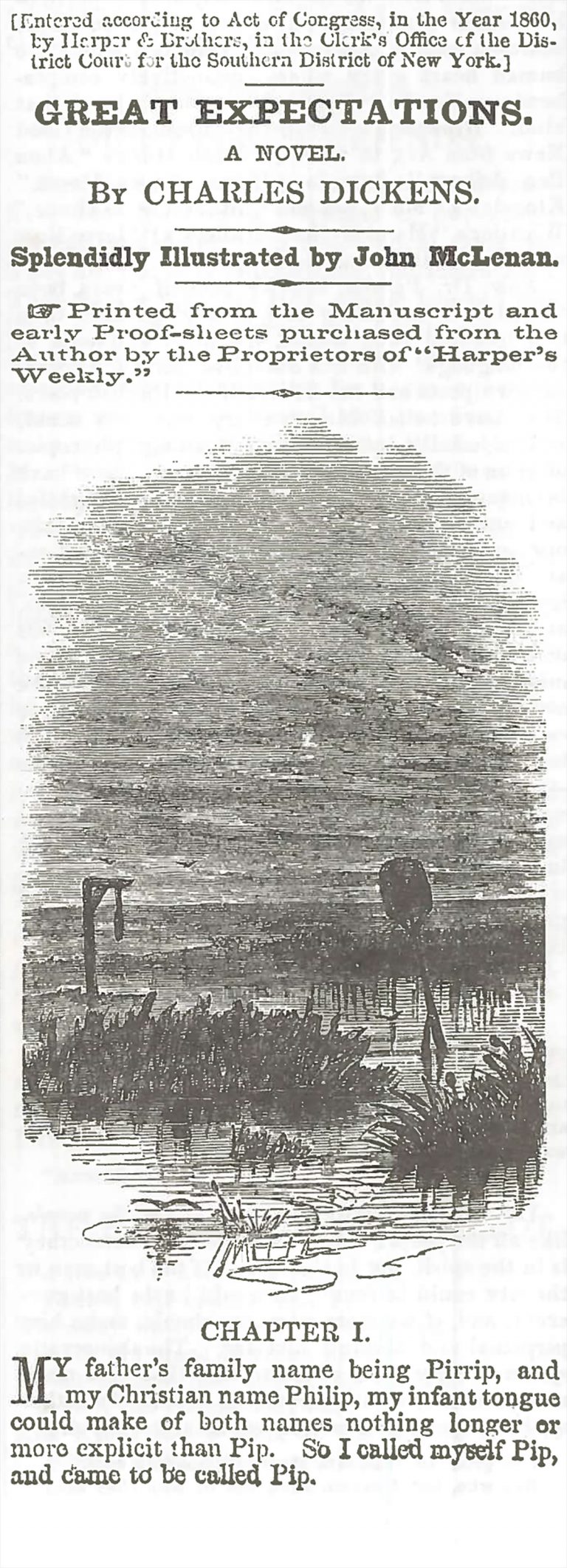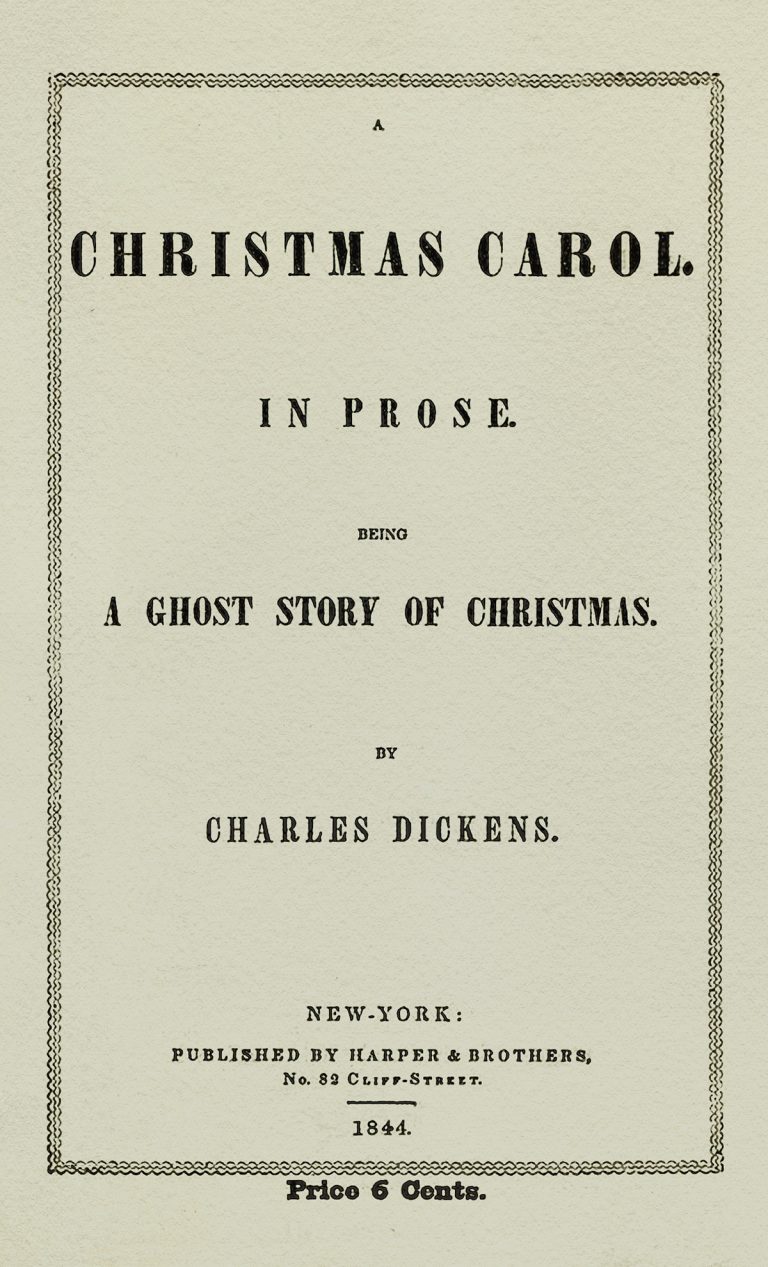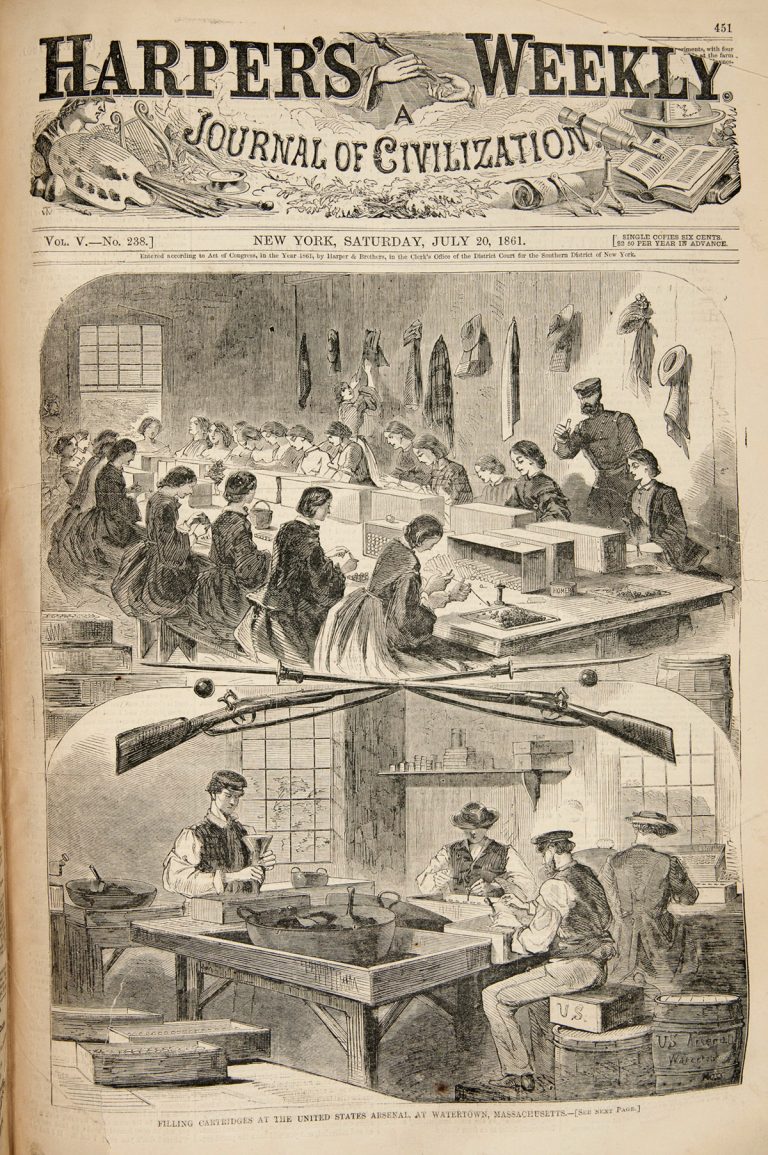Explore significant moments in HarperCollins history
The original agreement between Herman Melville and Harper & Brothers for Moby-Dick, dated September 12, 1851.
Herman Melville and Moby-Dick
Harper & Brothers turned down Herman Melville’s first book, Typee: A Peep at Polynesian Life, and it was released to strong sales by another publisher. When that publisher balked at his next manuscript, the nonfiction Omoo, which pointedly criticized Christian missionaries’ work in the Polynesian islands, Melville called again on Harper.
None of the four Harper brothers was in the office when he arrived. Just minutes before, Fletcher Harper had departed for the docks, bound for a European literary excursion. Running at breakneck speed, an assistant flagged down Harper’s carriage and breathlessly alerted Fletcher of the available manuscript. “Take it at once!” Fletcher instructed, and Melville joined the house of Harper.
Melville continued to write a series of books for Harper & Brothers that were well received, and he saw some financial success. But his most important work would take almost two years to write. Moby-Dick; or, The Whale had highly distinctive characters, asked probing existential questions, and offered blunt criticism of conventional morality. Although it received stinging reviews at the time and initial sales were modest, the Harper brothers stood by their writer.
Despite the publisher’s efforts to champion a unique American voice, Melville didn’t earn the critical acclaim he sought in his lifetime. The centennial of Melville’s birth in 1919 brought newfound appreciation for his work, however. The previously unpublished Billy Budd emerged in 1924 and sold briskly along with the rest of his canon, and Moby-Dick took its rightful place as a cornerstone of American letters.





